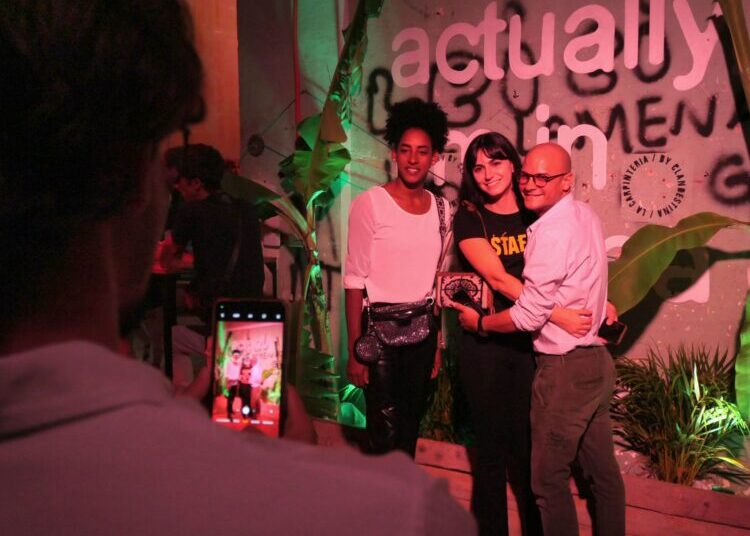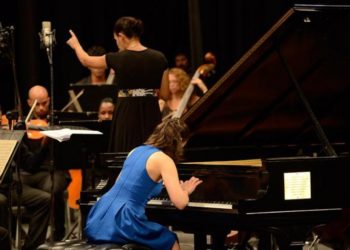It took about five years for Idania del Río, Leire Fernández and her team to materialize the dream of having their own space from which to continue promoting emerging culture. They did it this Friday night.
What was previously a carpentry shop, right next to the Clandestina brand store, a few meters from the Plaza del Cristo, is the headquarters of the new project of the renowned Cuban design and fashion studio, of which Idania is creative director.
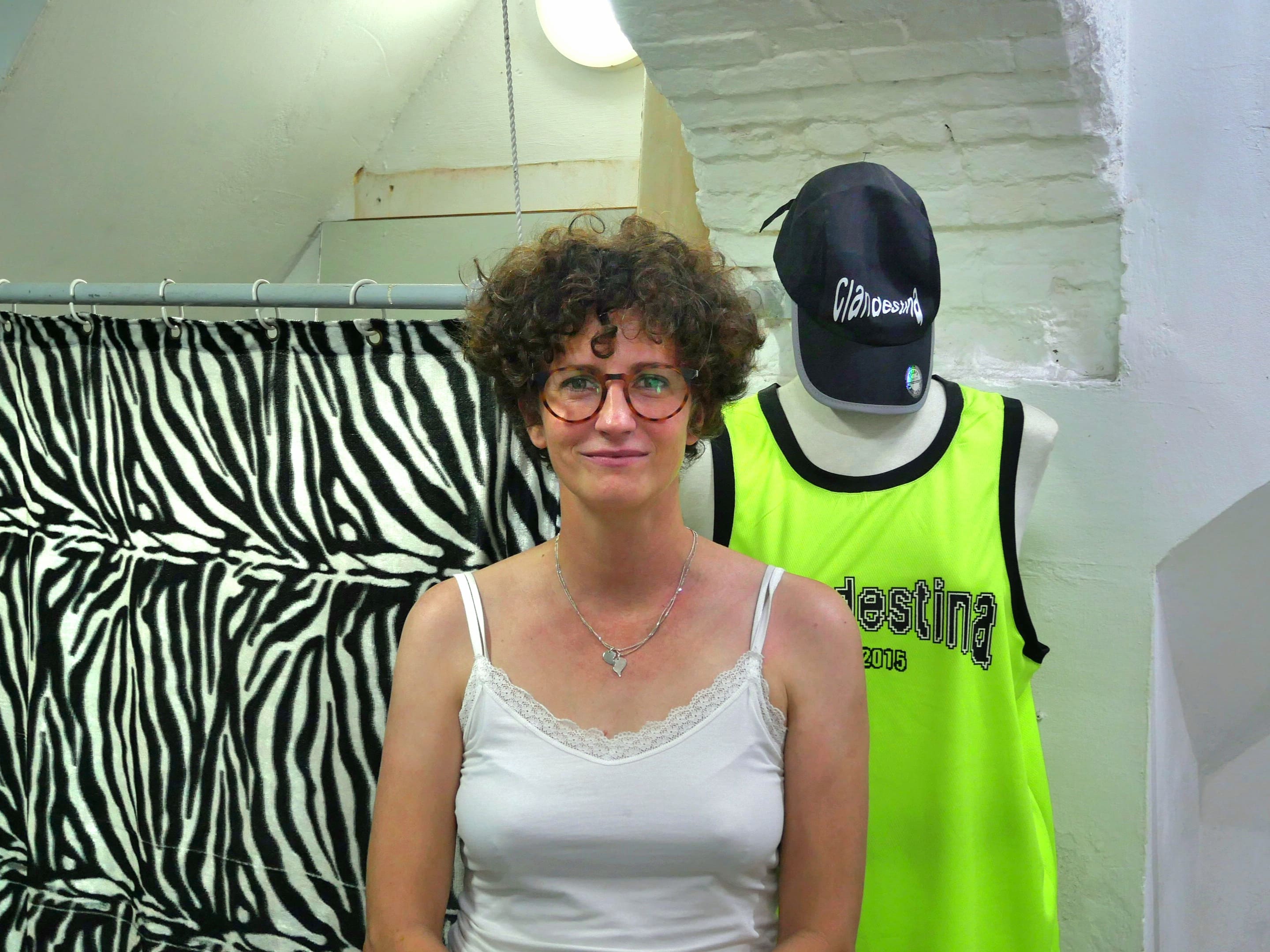
“La Carpintería is a site for alternative culture, a prototype workshop, a production space where all our creative activities will be concentrated,” she explained to OnCuba.
The project has the support of Magazine AM:PM, which is responsible for selecting the artists who will perform each week as of this May, when the venue will officially open.
“We are going to have all kinds of musical, film, yoga, salsa, culinary experiences, among others,” said Idania, who aspires to energize the cultural life around Villegas and Teniente Rey streets, where La Carpintería is located.
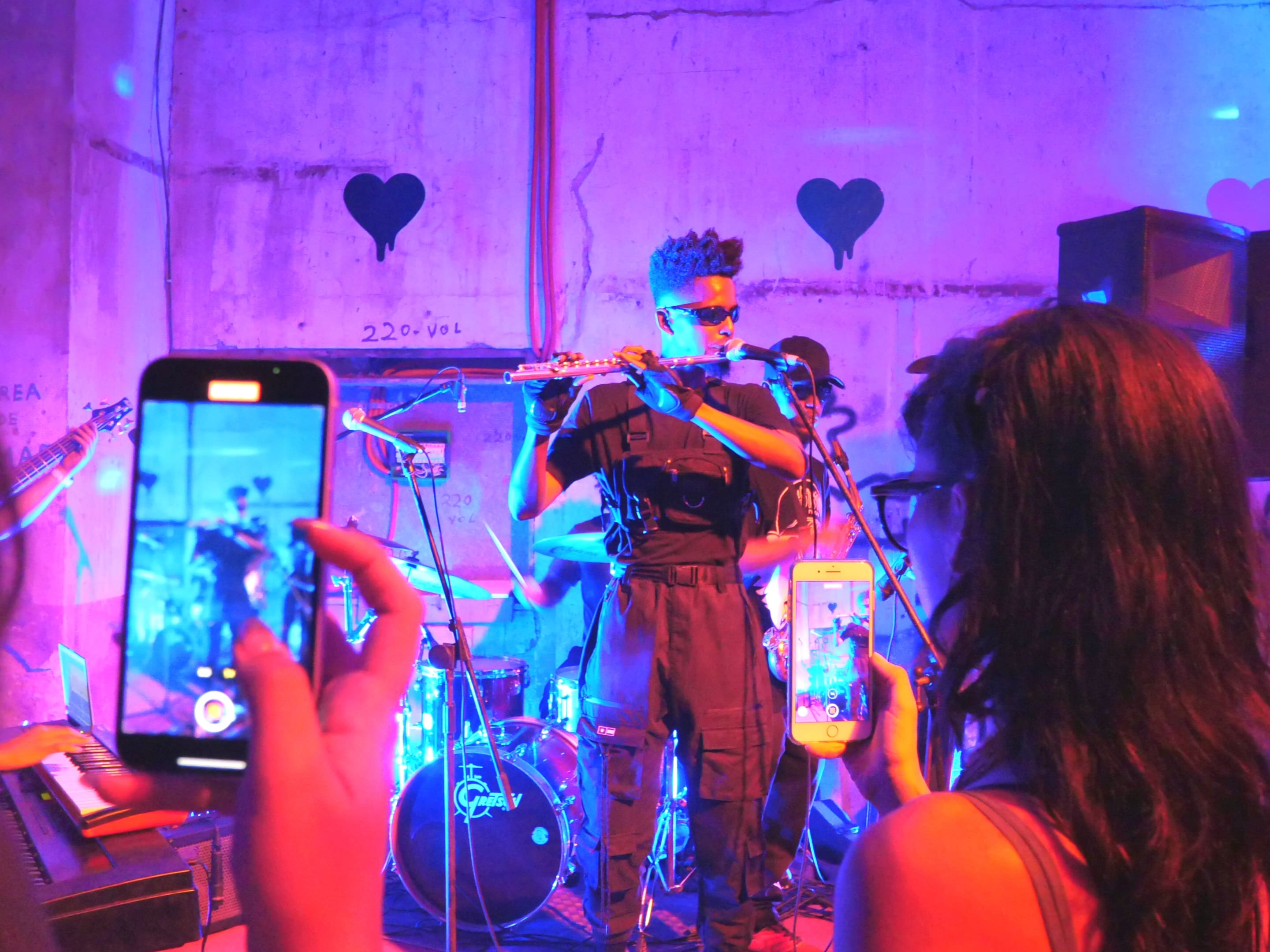
Exclusive design for each event
At each Clandestina party at this new location they will design a personalized t-shirt with the identity of the invited artists.
At the opening, attendees were given a t-shirt of the band Misifuz and DJ Mell, those in charge of inaugurating the cultural proposal.
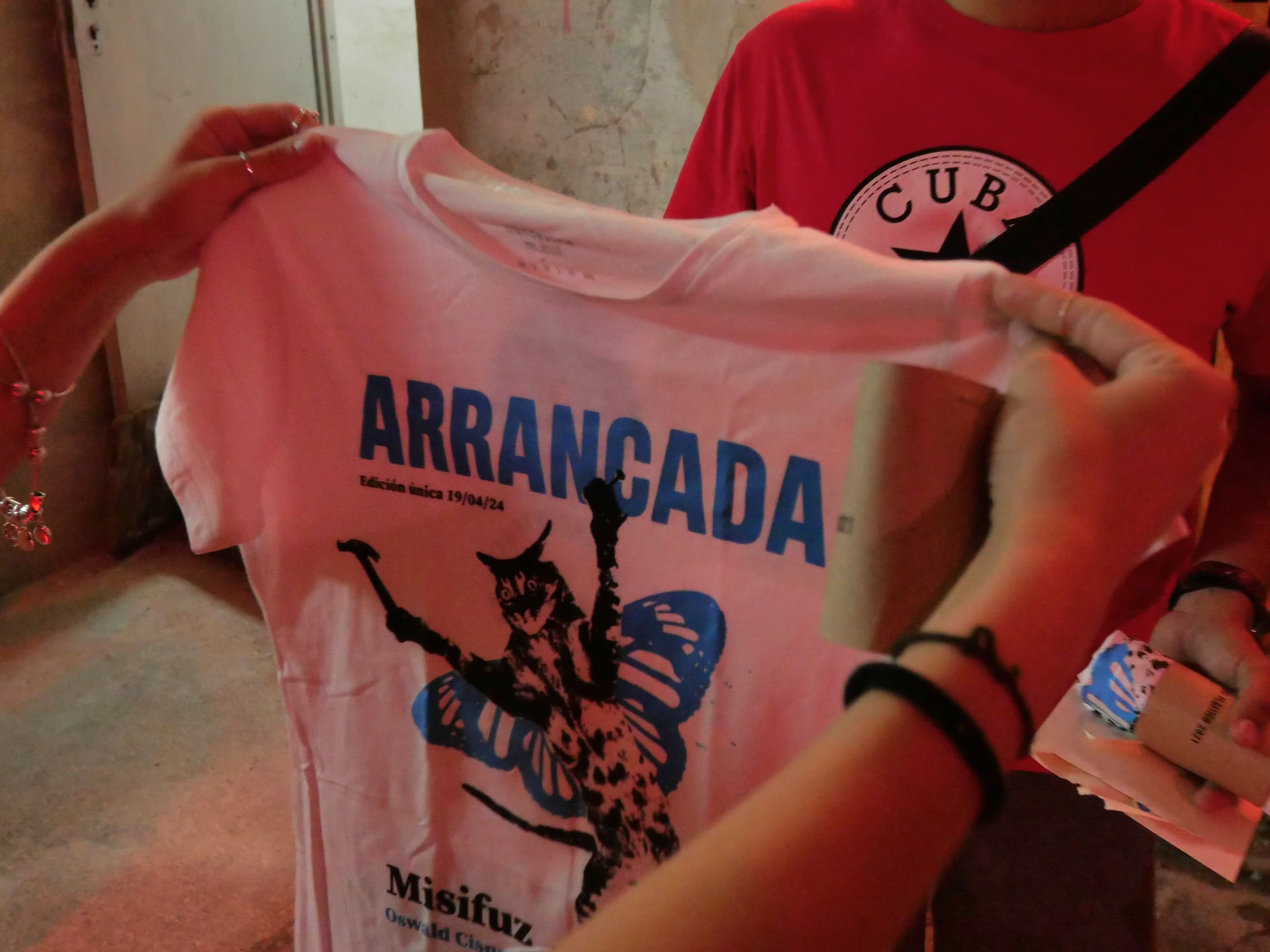
Idania considers that in this way a demand from the brand’s followers, fans of band or musician designs, is met. “In Cuba that culture exists, but it needs reinforcement. We want people to have their favorite artists’ designs on their clothes,” she said.
To achieve this, Clandestina has the talent of the young Carmen Barrueco, Gabi Ascalapha and Alejo Cañer.
“The team is very solid and we love doing the band design, the music is very inspiring, it is easy to create,” commented Del Río.
A step of maturity
The designer and entrepreneur recognizes that it is daring to create a cultural project like La Carpintería. “It is a mature, risky step; but also a happy one. It has taken us a lot to align all the stars. Construction is a headache,” she said.
“We had to face daily challenges like any person who starts a business in Cuba; there are problems of all kinds. We have received support from many people who believe in us; but at the same time, it is a great effort,” she insisted.
For Idania and the rest of Clandestina, the reward has been the Old Havana community’s positive reaction to the initiative.
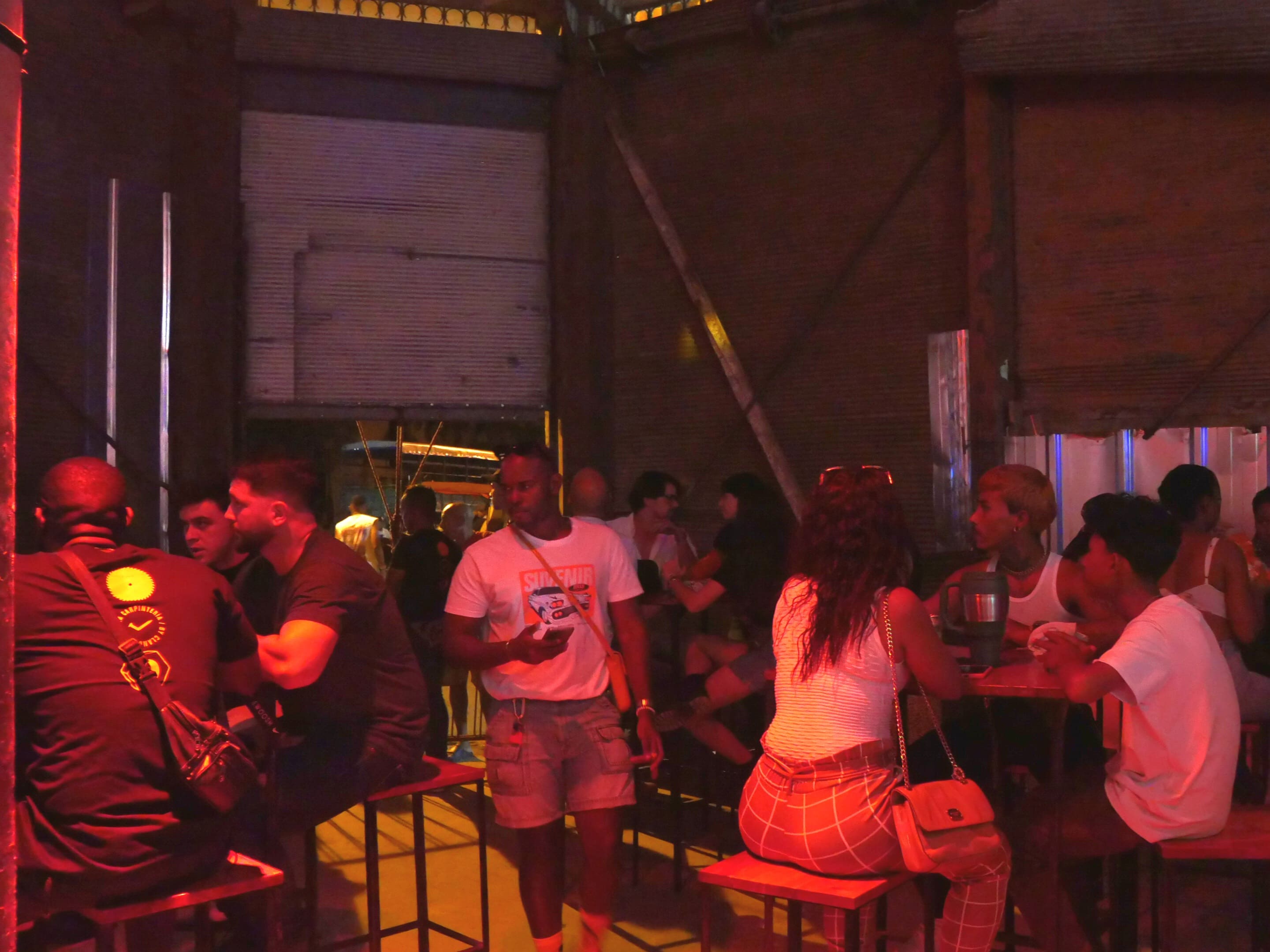
“Our events are always very enthusiastic. It is our way of giving back trust. In addition, we want to promote the emerging Cuban scene, which exists and is super interesting,” she added.
In 2024, Clandestina is celebrating nine years in the Cuban market.
For Idania, one of its founders, it is still a short time. “Right now we are feeling it under our skin. We have come this far and we continue to focus on art and design and, now, we believe that this expansion is necessary.”
In the opinion of one of the creators, this Cuban brand is basically “super flexible, adaptable to any circumstance or space, no matter how limited the resources are.”
That philosophy is the essence of La Carpintería, where the noise of the workshop of yesteryear was replaced by the chords of alternative music and 99% Cuban designs, as the brand’s slogan says.
Clandestina emerged in 2015 as the first independent urban fashion brand in Cuba. In 2017, they added to their physical headquarters on Villegas Street, in Old Havana, online sales with shipments to all parts of the world from clandestina.co. They are one of the best-known Cuban ventures inside and outside the island. Its production designs are inspired by upcycling and zero waste.
In photos, La Carpintería’s start off

